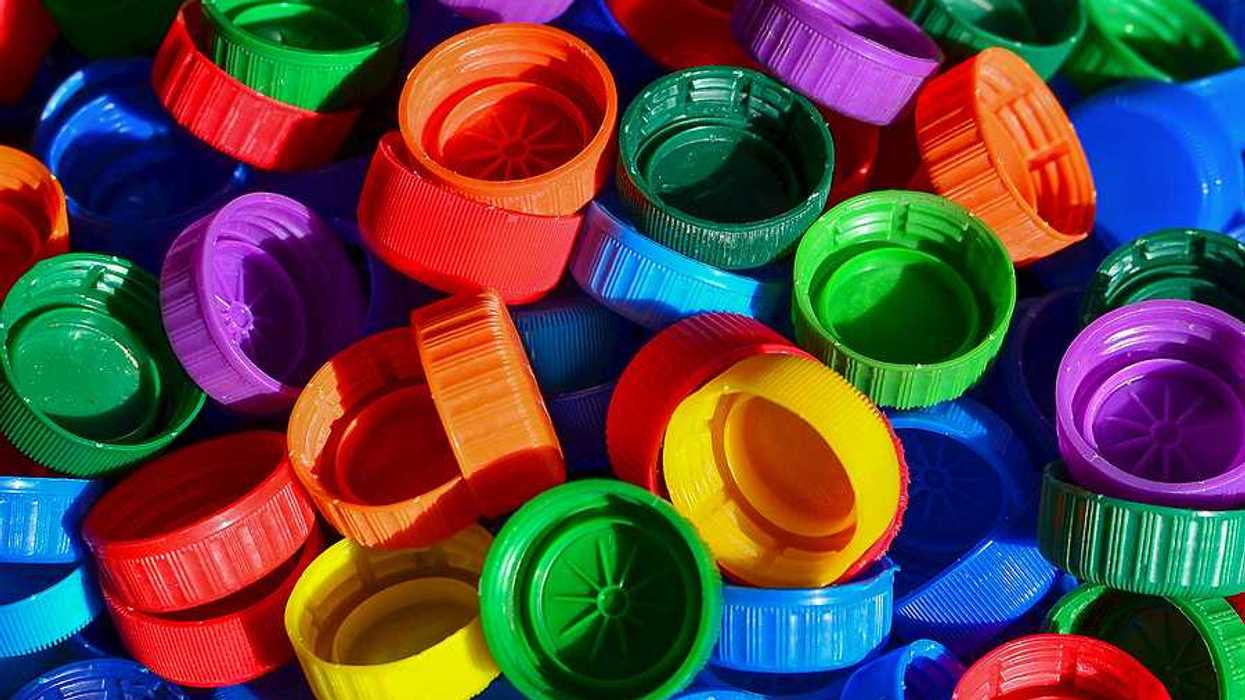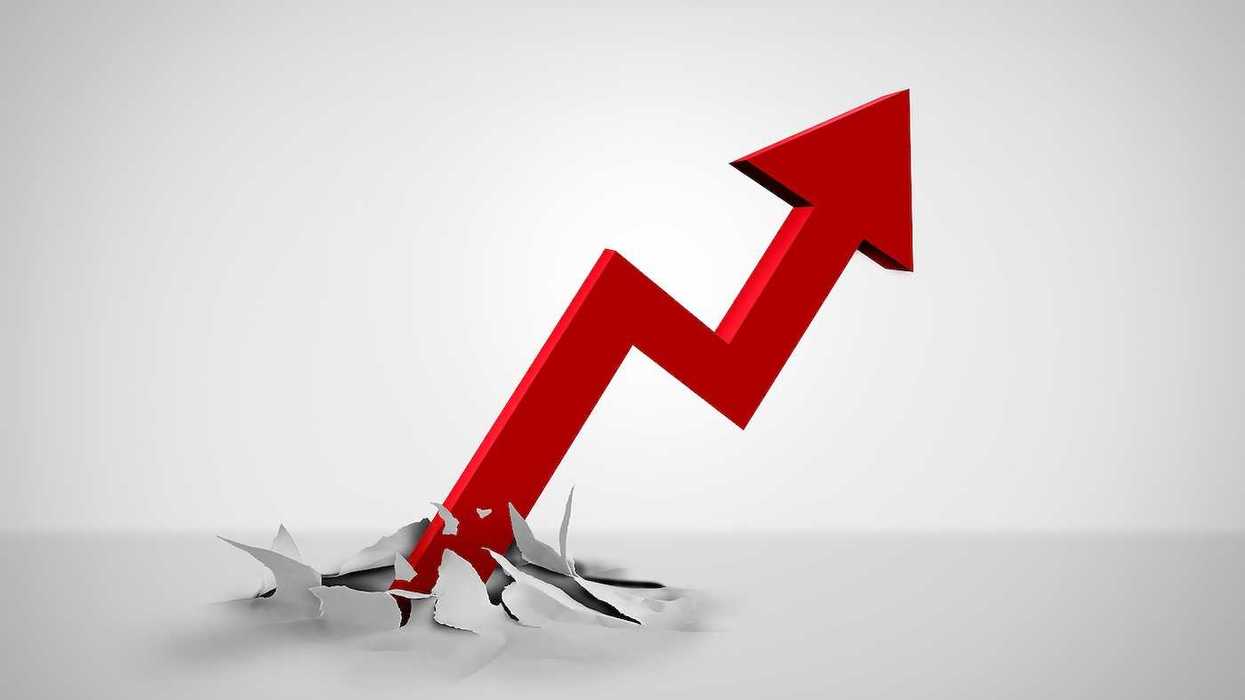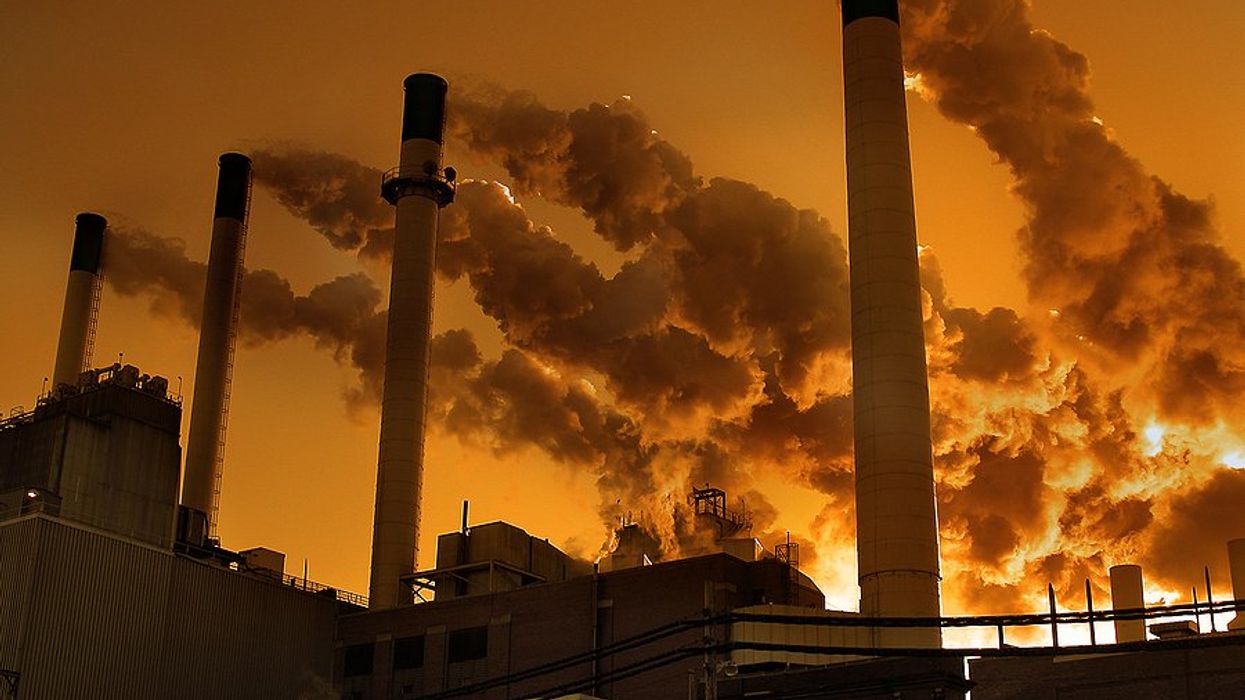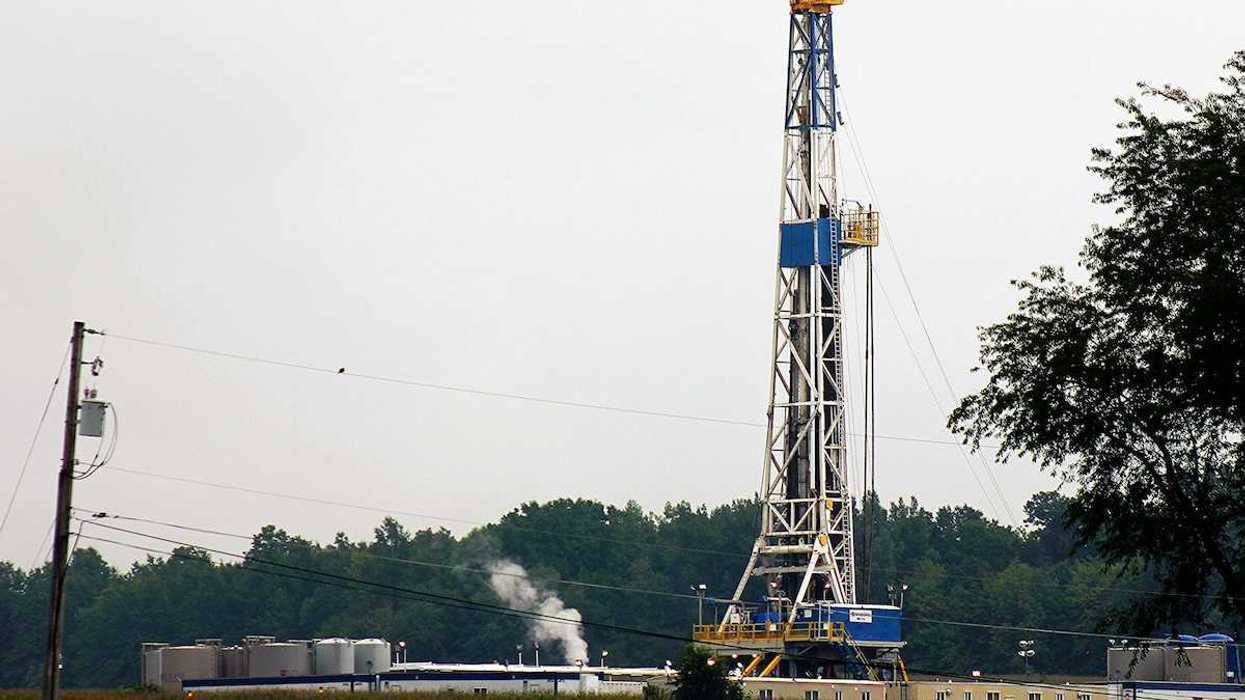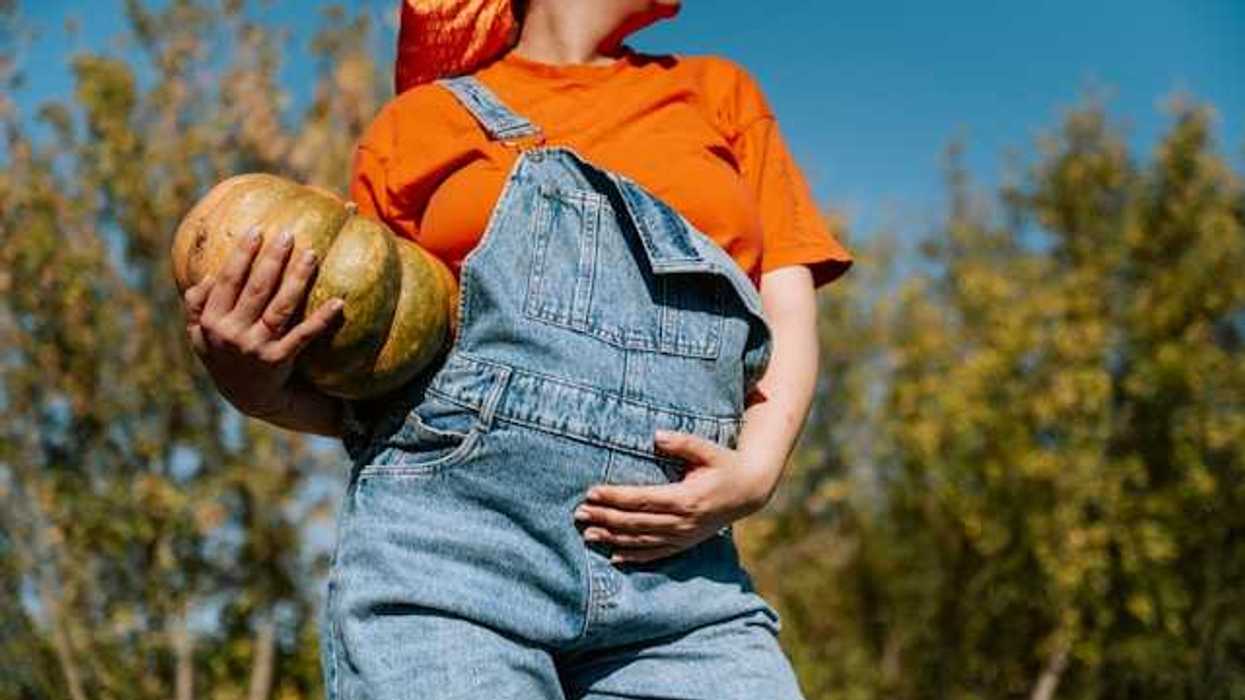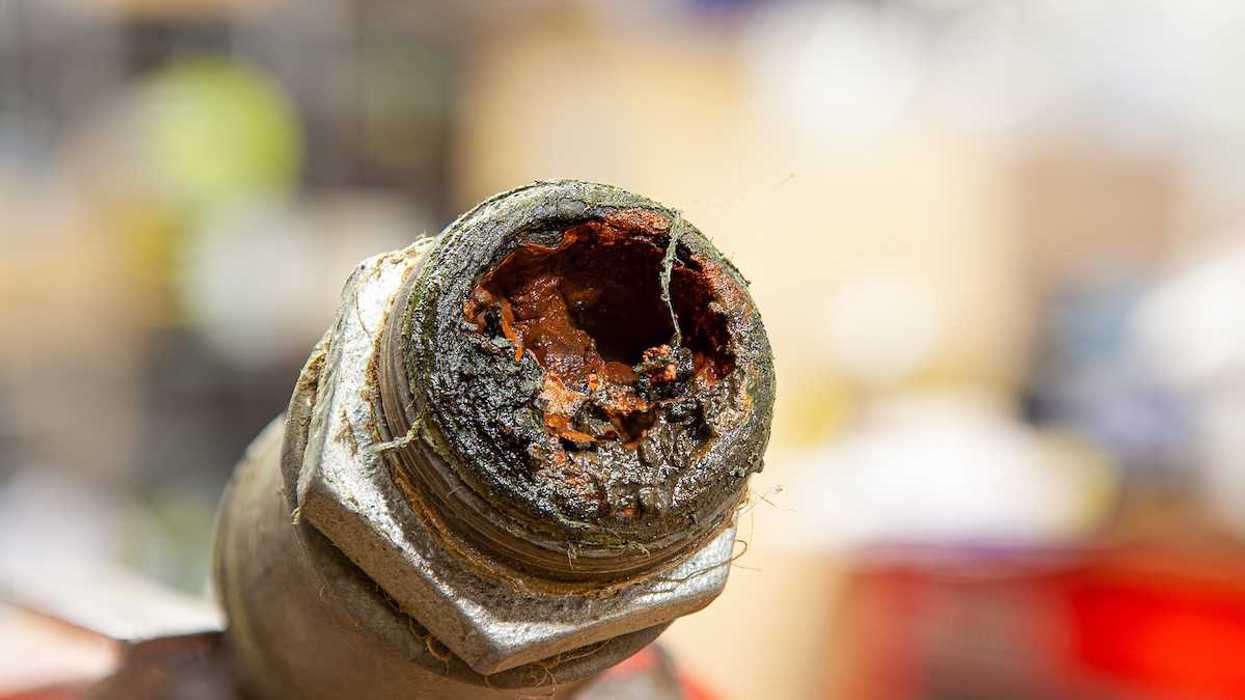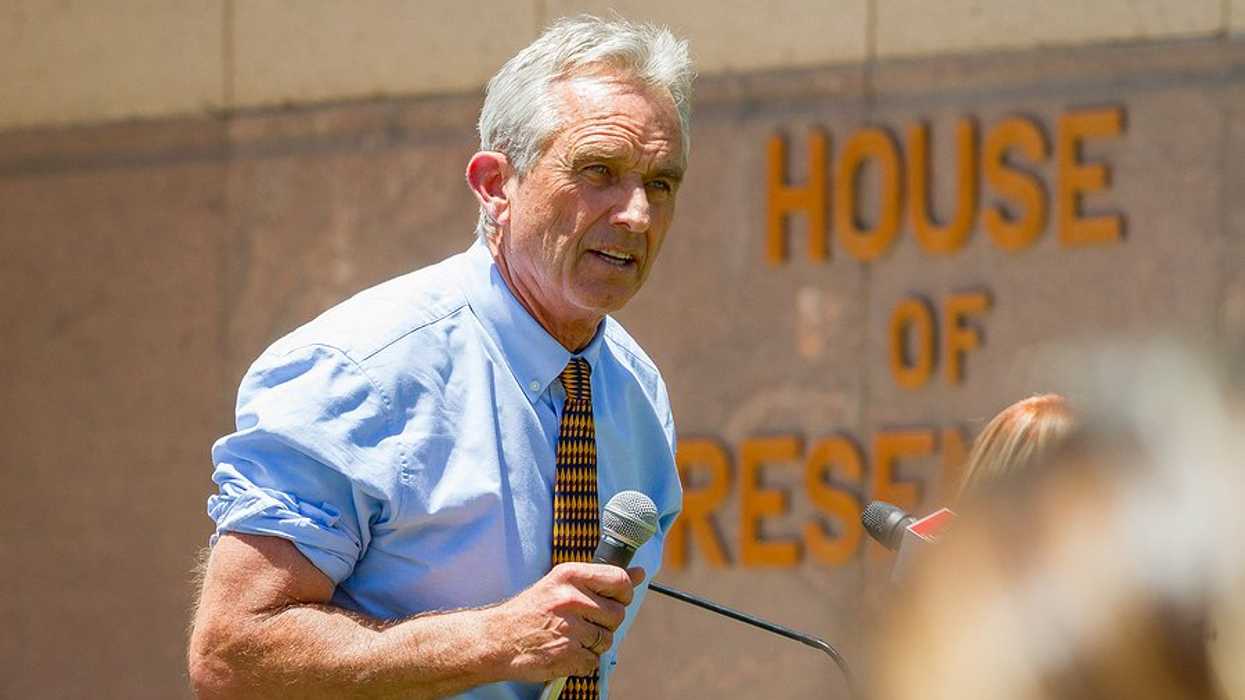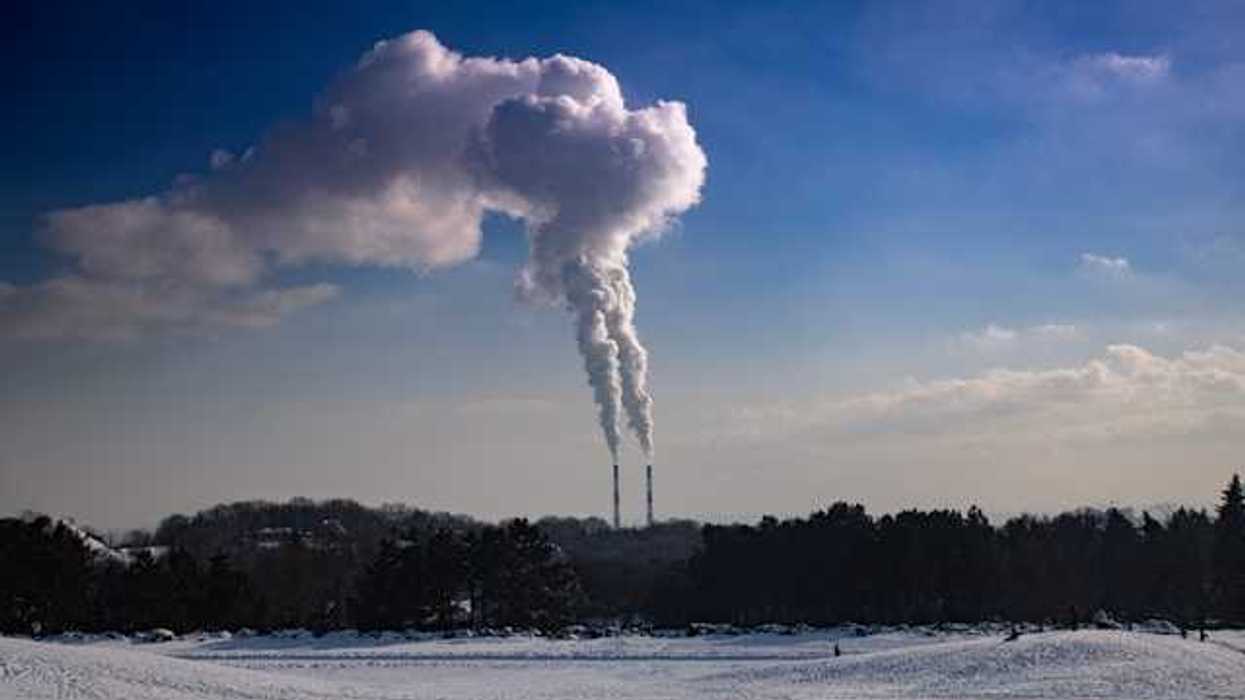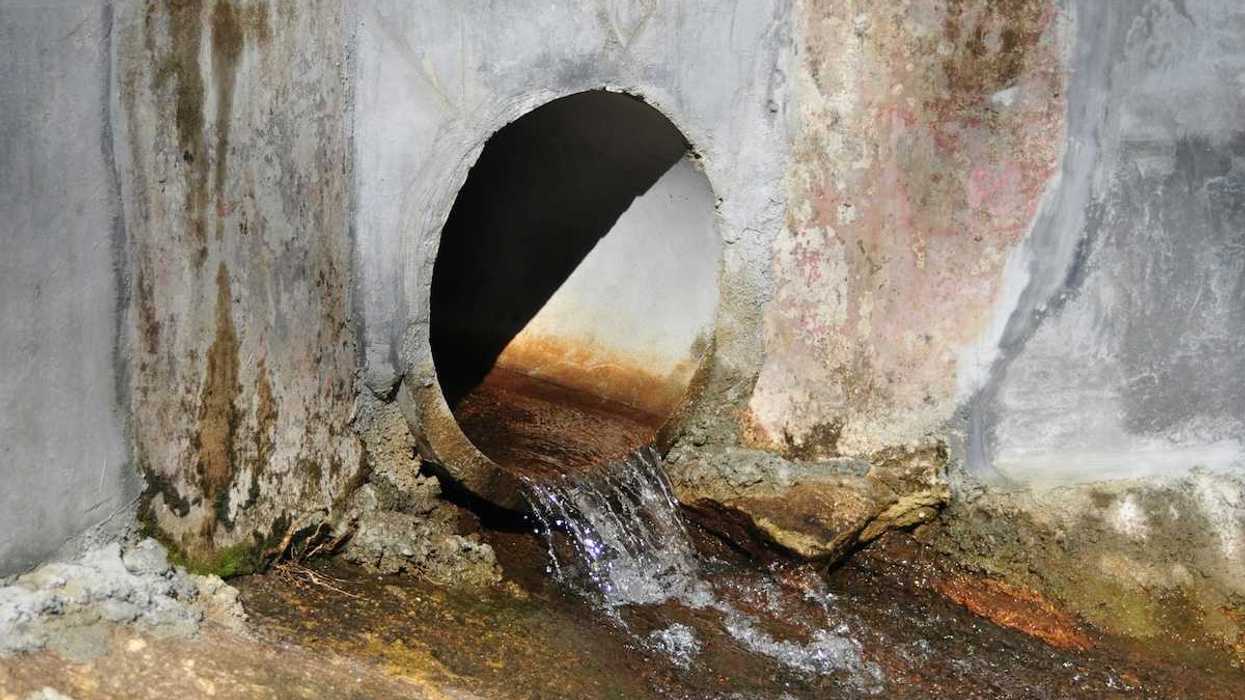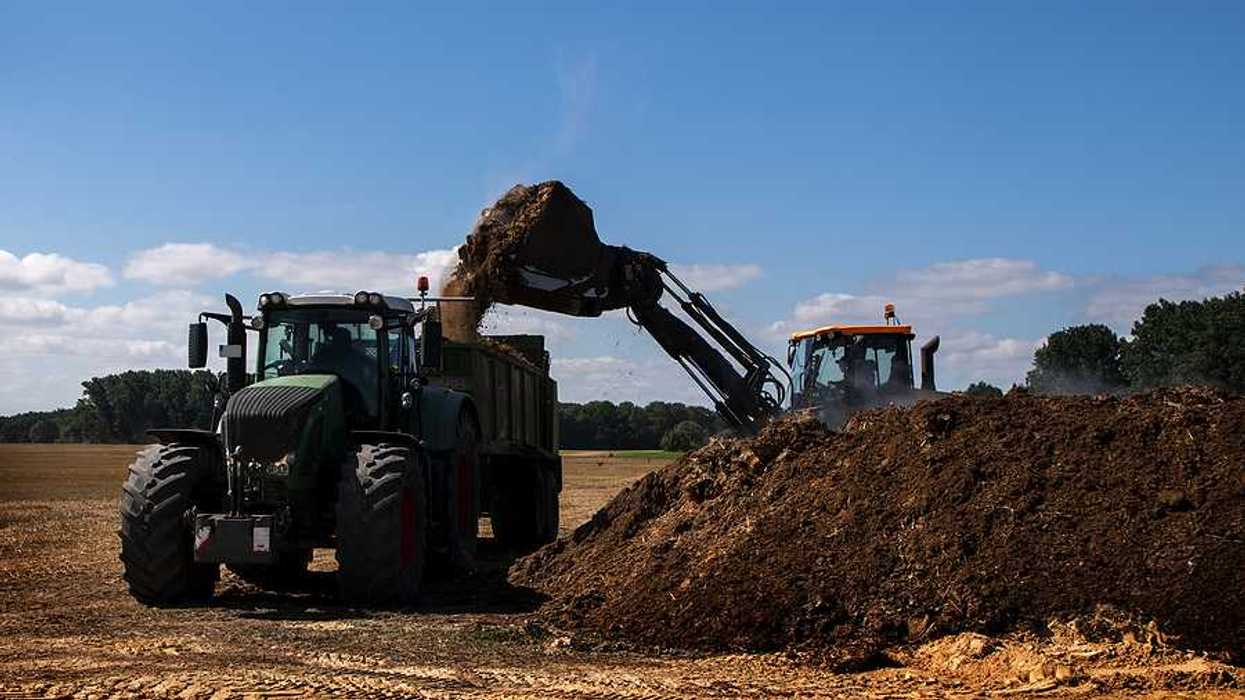South Korea has transformed its approach to food waste by recycling 98% of its scraps into compost, animal feed and renewable energy, offering lessons to other nations seeking sustainable waste management solutions.
Andrew Jeong and Julie Yoon report for The Washington Post.
In short:
- The Daejeon Bioenergy Center in South Korea processes 400 tons of food waste daily, turning it into biogas that powers about 20,000 homes.
- South Korea implemented strict policies 20 years ago, banning food scraps from landfills and requiring residents to separate and pay for food waste disposal.
- The success of this program stems from necessity, given South Korea’s high population density and lack of landfill space.
Key quote:
“It’s one of the biggest — and dumbest — environmental problems we have today.”
— Jonathan Foley, executive director of Project Drawdown
Why this matters:
Food waste is a significant contributor to global emissions, exacerbating climate change. South Korea’s innovative model demonstrates the potential of comprehensive recycling systems in reducing food waste and generating renewable energy, inspiring other countries to adopt similar measures.


